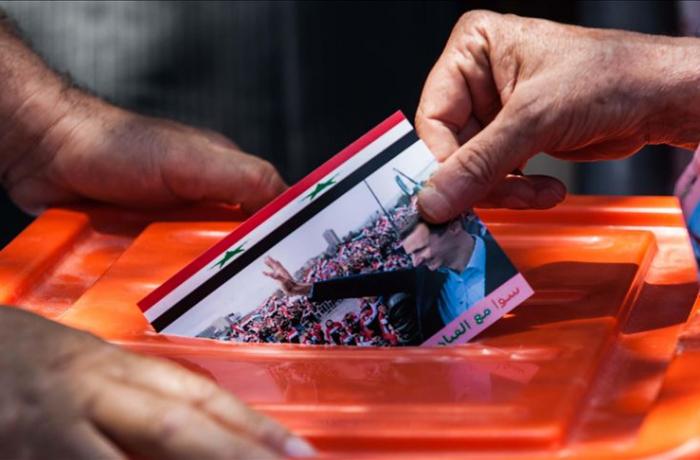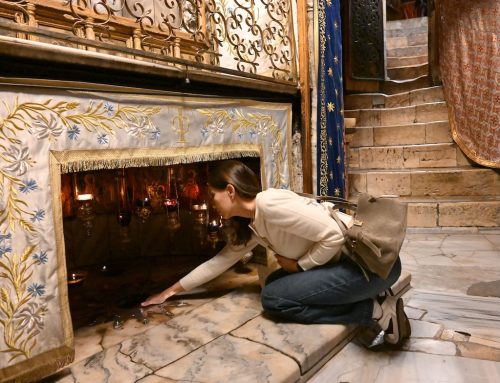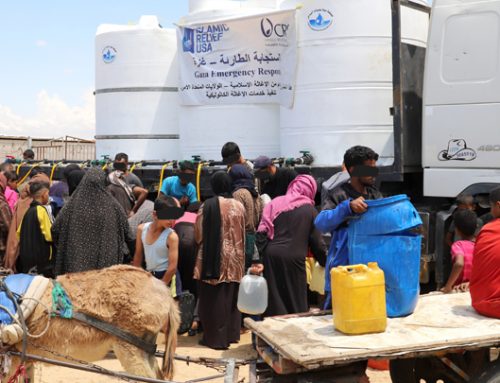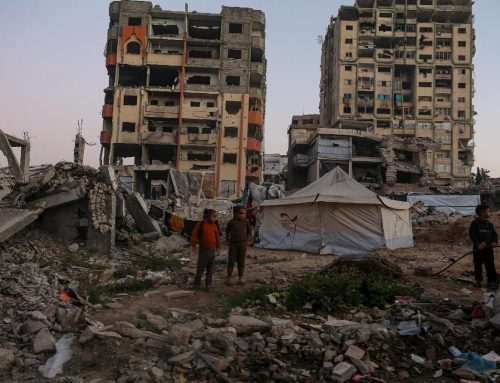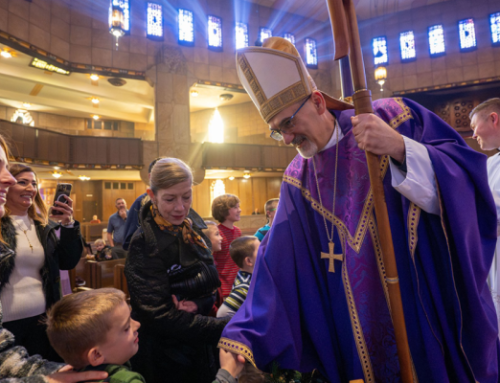The speaker of Syria’s parliament announced the candidacy of 50-year-old Faten Ali Nahar, from Damascus, but little is known about her. Assad has not yet announced. For Bishop Abou Khazen, a woman candidate in a Muslim society is an important step. Daily hardships trump hopes for change.
Aleppo (AsiaNews) – Syria’s upcoming presidential election, which observers say will be won by the incumbent, Bashar al-Assad, has a surprise. For the first time in the country’s history, and much of the Middle East, a woman plans to run for the highest office.
Although largely symbolic, the candidacy of 50-year-old Faten Ali Nahar, from Damascus, was announced today. The speaker of the Syrian Parliament, Hammoud Sabbagh, confirmed the news; he is tasked with ratifying all candidates.
Very little is known about her. Speaker Sabbagh simply mentioned her age, date of birth, mother’s name but there is no trace of her on social media.
She will not be alone. Two other candidates will be on the ballot, but President Assad’s re-election is taken for granted. He won in 2014 with more than 90 per cent of the vote.
Speaking to AsiaNews, the Apostolic Vicar of Aleppo of the Latins, Bishop Georges Abou Khazen, said that “I am not sure, it seems to me to be that she is the first woman candidate for president in Syria.”
“Being a non-Christian, largely Muslim nation, it is a good thing to see a woman running for the highest office, even if her chances of victory are very slim,” the prelate added.
In an Islamic society “it is difficult for a woman to rule over a man”, yet it can be considered “a sign of openness on the part of the government, made official in yesterday’s announcement by the speaker of the Parliament.”
The election represents a transition in Syria’s journey, still afflicted by years of war and violence. However, the problems of everyday life usually trump expectations and hopes.
“Everyone wants change but what counts now is what happens every day, the lack of bread, hunger and sanctions”.
The international community, in particular the West, did not shy away from criticising the last election, which Washington called a “farce”.
It is very likely that the Western bloc will not recognise the outcome of the vote on 26 May 2021, since opposition parties are excluded, as are Syrians living abroad or those who fled the ruling regime’s repression.
The UN peace plan calls for a new draft constitution before holding a vote, which should be monitored by UN experts.
However, few actual steps have been taken so far, and President Assad remains firmly in power thanks in part to the military, economic and diplomatic support of Russia and Iran.
US President Joe Biden has already said he will not recognise the result of election unless the voting is free, fair, supervised by the United Nation, and represents all of Syrian society.
Source: asianews.it

